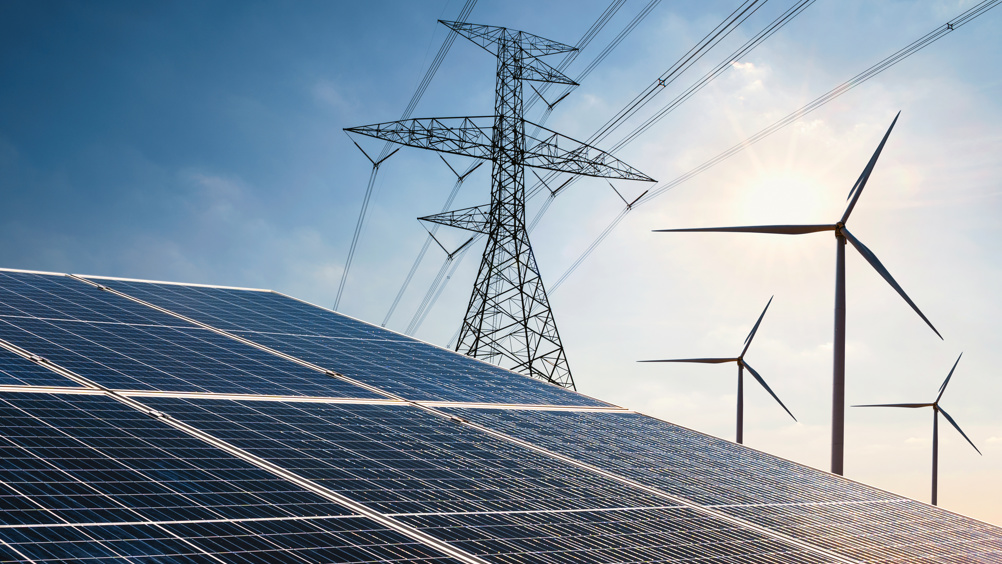Senate Proposal Targets Clean Energy Tax Incentives, Sparking Industry Concerns
A new legislative draft from the United States Senate Committee on Finance proposes significant changes to the tax landscape for clean energy. This move could impact various sectors, including solar energy and electric vehicles, previously bolstered by the 2022 Inflation Reduction Act (IRA).
The draft legislation aims to eliminate the $7,500 tax credit for electric vehicle purchases within 180 days. Similarly, tax incentives for rooftop solar panels and home energy rebates would be curtailed. These actions are part of a broader effort to scale back benefits introduced by the IRA.
America’s Clean Power CEO, Jason Grumet, expressed concerns over the potential economic fallout, warning that such measures “would increase household electricity bills and threaten hundreds of thousands of jobs across the country.” Grumet also cautioned that this could drive “good paying jobs, technology innovation, and AI data centers” overseas.
The draft outlines a phased reduction for solar and wind power tax credits, granting full benefits only to projects initiated within six months of the bill’s passage. Credits would diminish to 60 percent the following year and further decline to 20 percent, with no benefits for projects starting post-2027.
Leah Stokes, an energy policy expert, critiqued the Republican-led bill on social media, noting it might “gut clean energy projects, killing jobs largely in Republican districts.”
Moreover, the bill plans to phase out tax breaks for nuclear, geothermal, and hydropower by 2036, according to a bill summary. Ethan Zindler, a BloombergNEF analyst, described the Senate’s version as slightly better than the House’s proposal but still unfavorable for the clean energy sector.
The Senate’s draft extends renewable tax credits marginally longer than the House version. However, the phaseout of critical minerals tax credits is set to begin in 2031, ending by 2034. This could harm financial projections for mineral processing and refining projects, according to an analysis by Heatmap.
Changes also include making companies that lease solar energy ineligible for federal tax credits, a move analysts believe could significantly impact the rooftop solar market. Sam Ricketts of S2 Strategies criticized the draft, stating he expected more support for clean energy from certain senators.
Despite the IRA’s lack of Republican support in 2022, the majority of its clean energy investments have gone to Republican districts. Critics, including Oregon Senator Ron Wyden, argue the new draft hinders the nation’s emission reduction goals and threatens numerous clean energy jobs.
Ari Matusiak, CEO of Rewiring America, and Jackie Wong from the Natural Resources Defense Council also voiced opposition. Wong described the proposal as “a 20-pound sledgehammer swung at clean energy,” cautioning it could lead to higher energy prices and exacerbate the climate crisis.
Original Story at www.nationofchange.org
